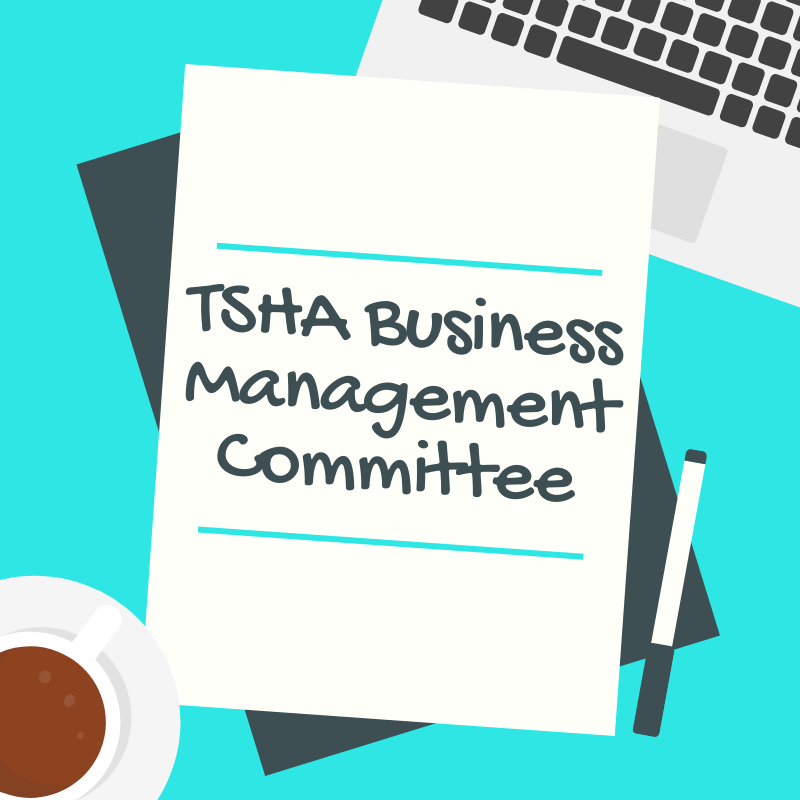 By Stephanie O’Silas, MS, CCC-SLP, Business Management Committee Member
By Stephanie O’Silas, MS, CCC-SLP, Business Management Committee Member
Controlling the narrative of your clinical practice through documentation is critical for your survival as a therapist. Maintaining detailed documentation and good recordkeeping are the surest ways to safeguard you against blind-spot liabilities in the current healthcare climate.
Documentation is likely the most dreaded and cumbersome responsibility of a speech-language pathologist (SLP) or audiologist. Given my role in the arena of risk management for my own rehabilitation company and for my contracted clients that include hospital, post-acute medical, and school settings, I'm fortunate to now understand the full picture for why "controlling my narrative" or keeping detailed records is important. Kept simply, compliance matters across all settings. Each clinical setting or company sets standards for documentation compliance. Your documentation plays a significant role in whether these organizations maintain compliance. We also must realize that we are at the mercy of third-party reviewers who require detailed, accurate, and compliant documentation. They will not make any assumptions on your behalf. It’s from this dynamic that the saying, “if it wasn’t documented, it didn’t happen” hails.
 These “third parties” can be utilization reviewers employed or contracted by healthcare organizations or insurance companies. They can be lawyers in the circumstance of due process or litigation. They can be patients or student advocates. They can be ethics review committees or an outsourced oversight body established within your school or medical setting. In the grand scheme, our records are often subject to audit by persons who are not SLPs, audiologists or in healthcare. This process is sometimes referred to as “quality assurance.” Given this reality, we should never let it be so easy for these reviewers to put our practice or payment in jeopardy based on their review and analysis of our documentation. The clinician who is proactive with good recordkeeping stays in control of their practice narrative.
These “third parties” can be utilization reviewers employed or contracted by healthcare organizations or insurance companies. They can be lawyers in the circumstance of due process or litigation. They can be patients or student advocates. They can be ethics review committees or an outsourced oversight body established within your school or medical setting. In the grand scheme, our records are often subject to audit by persons who are not SLPs, audiologists or in healthcare. This process is sometimes referred to as “quality assurance.” Given this reality, we should never let it be so easy for these reviewers to put our practice or payment in jeopardy based on their review and analysis of our documentation. The clinician who is proactive with good recordkeeping stays in control of their practice narrative.
The audit phase can be very uncomfortable when your records are scrutinized, questioned, or, worse, caused to implicate your license and practice due to insufficient, false, or errant documentation. Yearly, there are an abundance of Texas Department of Licensing and Regulation (TDLR) disciplinary actions based on the accusation that “respondent failed to maintain accurate records of professional services rendered” (TDLR, Administrative Orders 2021). The grand takeaway for every clinician is to safeguard yourself against ambiguous legal language that can leave excess room for themisinterpretation of your documentation and recordkeeping.
Here are some strategies to help navigate documentation to maintain compliance and prevent denials:
- Document the need for your services, supporting medical necessity, need for skilled intervention, and eligibility. It’s important to provide detailed documentation that reflects what you’re working on, goals and progress in goals, and how your skilled intervention impacts the client’s performance. Document the techniques used and type and amount of cues required.
- Write to the tune of your goals. This technique minimizes the space for accusations for not following the goals in the plan of care. If the goal is “Client will imitate…,” your objective area should state in reference “Client imitated….”
- Use actionable language when detailing what you performed (e.g., SLP progressed, modified, advanced, targeted, applied, adjusted). This language will help reflect the skilled nature of our work and portray that only a licensed clinician can perform the service.
- Submit notes within timely filing deadlines and keep up with progress report timelines and recertifications. Submitting detailed notes within a reasonable timeframe is an ethical responsibility for licensed clinicians that also shields you from claims of negligence or unprofessional practice that can result in multiple levels of disciplinary action with your employer or state board.
- Seriously, if it wasn’t documented, it didn’t happen. Utilize electronic medical records as a safeguard. Clinicians should aim to keep clear, detailed records that can easily be transferred to a reviewer in the circumstance of a subpoena, denial, or patient complaint.
- Document what doesn’t happen. We naturally document what happens in therapy, but documenting what does not happen is equally as important. Clinicians should practice controlling the narrative by remembering to document reasons for missed visits to properly illustrate how absences or missed sessions impact client progress or that the patient is simply not progressing but still requires skilled intervention for maintenance therapy. It is commonplace for insurance companies to deny payment for visits because notes may have failed to acknowledge how missed visits adversely impacted progress. An audit or subpoena also can occur years later; therefore, we must rely on detailed and thorough note-taking to help us answer questions that arise. Questions may be related to gaps in service that were not properly accounted for. This easily can be misconstrued as neglect and can cause a patient to win a defense of inadequate services in a personal injury claim of premature or improper discharge from therapy services.
In the grand scheme, all clinicians are at risk of professional liabilities related to recordkeeping and documentation. Re-evaluate the impact of your busy day and how that impacts the quality and timeliness of your documentation. Check your blind spots and safeguard your clinical practice by doing what’s within your control—documenting sufficiently and controlling the narrative.
Reference
Administrative Orders - Search. (n.d.). Retrieved December 3, 2021, from https://www.tdlr.texas.gov/cimsfo/fosearch_results.asp.